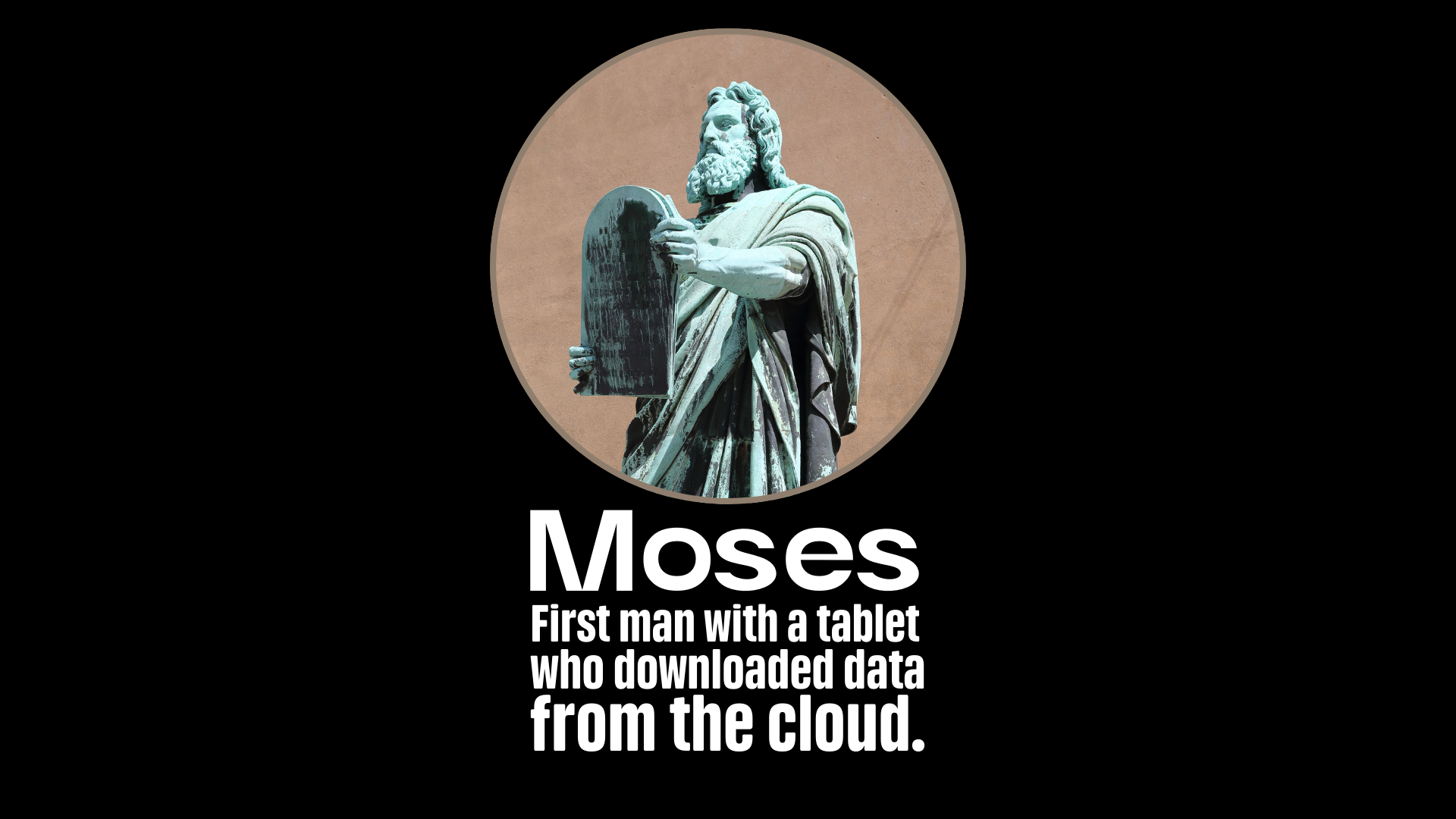
Genesis 1 – 20
I love the Bible, I always have. Some of you are probably thinking duh, you’re a pastor. Or might be thinking really? Why? I love the stories, I love the different cultures and genres of literature represented. I love way we can see the Eternal God, Creator of the Universe, trying over and over again to relate to humanity, even (especially!) when humanity can’t seem to get it all figured out. I also love the Bible because it’s full of people who are deeply flawed, but whom God still works through to tell the story of salvation. And that’s still true of us. We aren’t perfect, but we are part of God’s perfect story.
You might have heard me share this before, but my favorite metaphor for the Bible is a prism. Each time you hold scripture up to the Light, different shapes and colors appear. We might read a story a different way. The Holy Spirit might highlight one passage we hadn’t paid much attention to before. This is why we read and reread scripture, which we sometimes call the Word, because we know God is never finished speaking to us, and we should never be finished listening.
As we begin The Bible Year together, I want you to remember a few things:
- Imagine you’re reading these stories for the first time, from a fresh perspective. Try to set aside all the ways we’ve heard the stories in the past and listen to them anew this time. What questions would you ask now? What had you not noticed before?
- We often come to scripture looking for answers, only to walk aways with more questions. That’s ok! The Bible didn’t descend from heaven wrapped in a neat bow, it was inspired by the Holy Spirit over thousands of years through many cultures. It’s not a real expectation that we will relate fully to 100% of the words we read. But they are given to us for a reason, so it’s up to us to read and wrestle, knowing that the same Spirit who inspired these stories will illuminate in us what we need to know.
- The Bible is a collection of writings and stories, but it all tells one Story – the story of God’s work in the world. Look for the “easter eggs!” The quiet connections, the things that seem to echo over biblical space and time. This is where we will see the grand story of salvation start to weave together.
Our readings begin in Genesis, which is separated into two major sections:
1) The origin of the world and the human family.
2) The origin of a chosen nation and the family of Israel.
Section 1 is a bird’s eye view of the epic of creation, where section 2 focuses much more narrowly on one man, one geographical location, one family at a time. As we begin “in the beginning,” I hope you’ll notice a few new things. First, did you realize we have 2 creation stories recorded in our scriptures? Genesis 1 tells a story of creation in the form of poetry and liturgy. Many scholars speculate that this telling was used in ancient worship services to sing and celebrate what God had done. Genesis 2 tells the story of creation in a more narrative version. The details are not exact in each account, but in both we see our Maker creating out of love and passion. God creates order out of chaos, giving each living thing a purpose and a place. God creates humans in the image of God, the imago Dei, as partners in the work of creation. This stood in stark contrast with other ancient creation myths, where the gods created the world for their own amusement, and then created humans to serve the gods as slaves.
Of course, very quickly humanity falls into sin and chaos. The first family (Adam, Eve, Cain and Abel) is a mess. And though we believe that sin entered the world in the garden, the word sin isn’t used until Gen 4:7, when God warns Cain against his anger towards his brother – anger that would result in violence and death. Cain is marked as a criminal and sent to wander the world. Adam and Eve’s third child, Seth, becomes the son of hope. But other wild and wonderful stories begin: the arrival of the Nephilim (are they half angel/half human? Ancient warriors? Giants?) and the impending flood.
Another thing to pay attention to in these chapters are the echos of the creation story that continue throughout. When we meet Noah and his family, we see two flood narratives woven together. We see the chaos of rain and floodwaters and God bringing order out of chaos once again. We see Noah and his family being commanded to “be fruitful and multiply” the same way the first humans were. But Noah’s family was a dysfunctional bunch as well, as noted in the mysterious story of a drunk Noah and the curse of Ham (Genesis 9:18 – 29)1.
The last glimpse we get of broader humanity is in Genesis 11 and the Tower of Babel. Humans have settled altogether in one region (though God had told them to fill the whole earth), and they all speak a common language. Together they decide to build a tower so tall that it will make them famous and powerful. In an almost comical reversal, God has to come down out of heavy just to see this “enormous” tower. God also sees the hearts of the people and realizes that their ambition is only for themselves. God scrambles their languages and the people are scattered, destined to fulfill God’s commandment to them despite their worst intentions.
As the story narrows in, we find ourselves thrown into one of the most important stories of not just one, but 3 prominent world religions. Together with historic Christianity, Judaism and Islam both claim Abraham as the father of their faith – Christians and Jews through Isaac, and Muslims through Ishmael. Chapter 12, if you haven’t caught on yet, introduces another creation story. But this time it’s Abraham and Sarah (formerly Abram and Sarai) who become the parents of a new family, a new nation, and a new promise. Their story is not perfect, but it is ours.
Abram and Sarai were accustomed to migrating before God entered the picture. Born in Ur, they moved to the land of Haran with Abram’s father after his brother died. They took Abram’s nephew, Lot, with them. It seemed like a practical pairing: an older childless couple and a young man whose father was dead. But God had other plans. God called Abram up from the land of Haran to a new land, where God promises Abram will become a great nation and a blessing to the world. Abram is 75 and Sarai is 9 years younger when they begin this journey. There are many dramatic moments as they embrace this nomadic life, but over the next 20 years, they remain childless. Abram becomes Abraham (“Patriarch”) and Sarai becomes Sarah, but no son is born. At some point Abraham and Sarah decide God might need a little help (Don’t we all do this from time to time?). Sarah offers her Egyptian servant Hagar to Abraham to serve as a surrogate. Together they do have a child – a son named Ishmael (which means God hears). But this child is born in the midst of tension, a power struggle between two largely powerless women, in a family that can’t quite get it right. God will bless Ishmael, but he is not the promised child. God reminds Abraham and Sarah through 3 divine messengers that despite how funny it might sound at their age, they will have a son.
The first week of readings ends on a sad note: the destruction of Sodom and Gomorrah in Chapter 19. It’s sad because two cities were brought down to rubble. It’s sad because the people in the city heard that there were visitors from God and wanted to inflict sexual violence on them. It’s sad that Lot offered his own daughters to be recipients of this violence rather than the messengers God had sent. And beyond all that, it’s sad that the point of this story has been misinterpreted as a commentary on sexual identity and used to inflict emotional and spiritual violence on an entire people group.
The stories of scripture are included for a reason, and they are each important. But that does not mean their importance is immediately obvious, which is why we should find ways to read scripture together: in community with tradition, scholarly research, and each other, so that we might see this sacred prism in a different light.
I’d love to hear from you! What have you read, heard, and understood differently this read through? Email me at .



